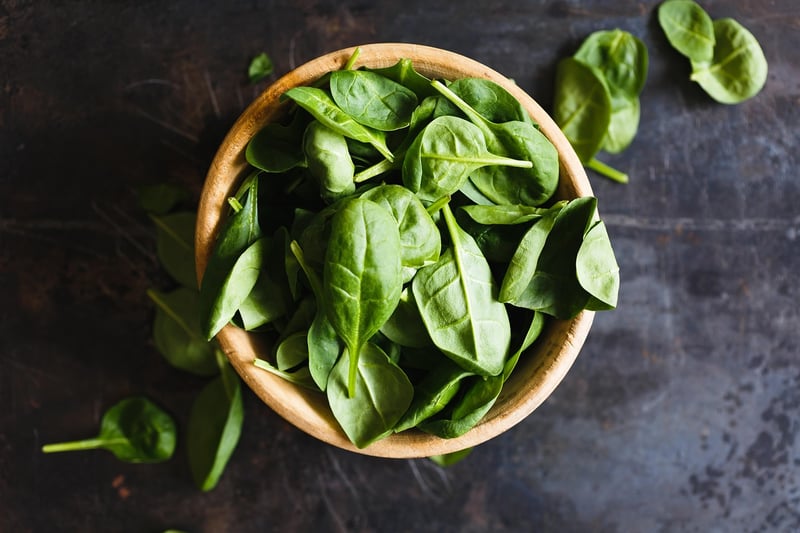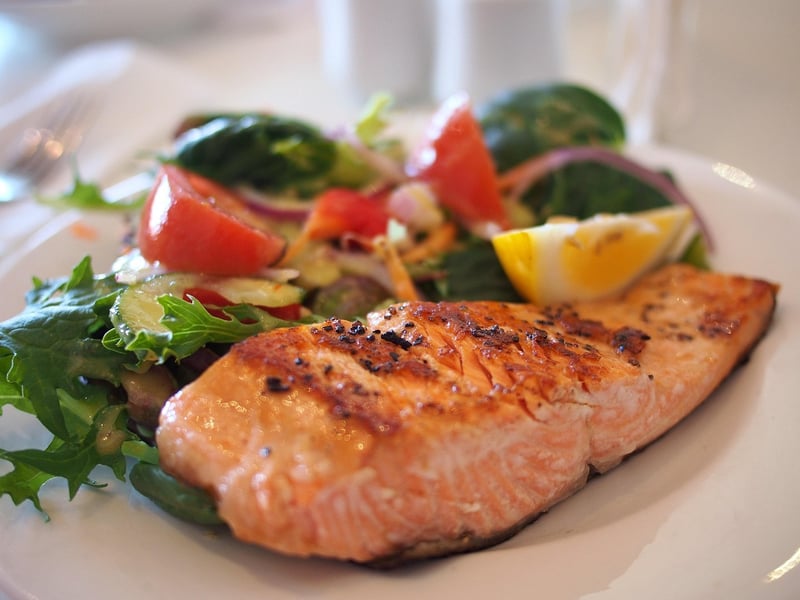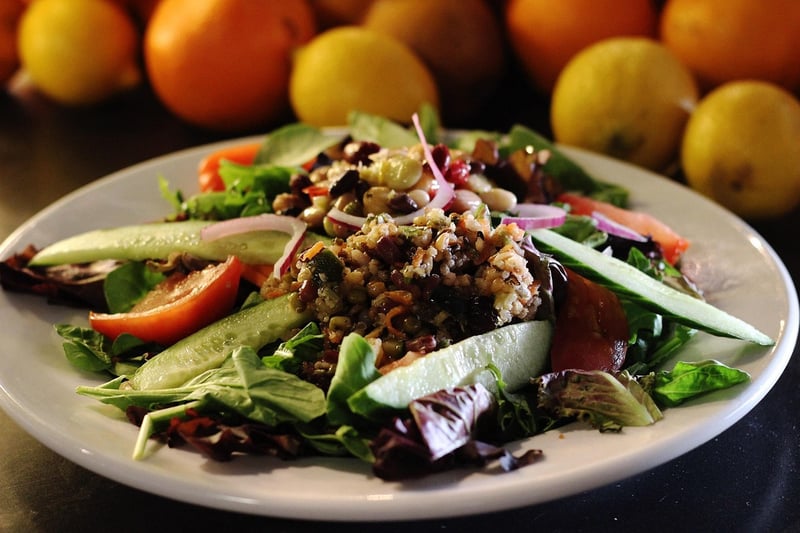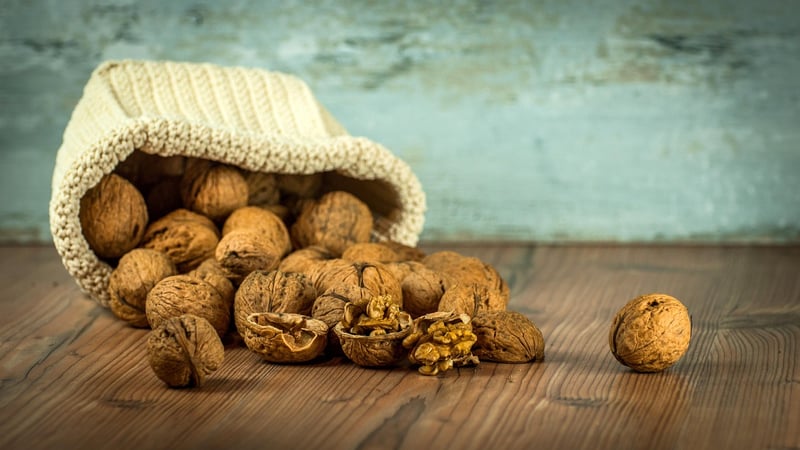Nutrient-Rich Foods
Guidance for a Balanced Diet and Nutrient-Rich Foods
Introduction
Eating a balanced diet is essential for overall health and well-being. A balanced diet provides the necessary nutrients, vitamins, and minerals that our bodies need to function properly. Incorporating nutrient-rich foods into your daily meals can help maintain a healthy weight, boost energy levels, and reduce the risk of chronic diseases.
What is a Balanced Diet?
A balanced diet includes a variety of foods from all food groups in appropriate proportions. It typically consists of fruits, vegetables, whole grains, lean proteins, and healthy fats. By consuming a diverse range of foods, you can ensure that your body receives the essential nutrients it requires.
Key Components of a Balanced Diet
- Fruits and Vegetables: These are rich in vitamins, minerals, and antioxidants. Aim to include a variety of colors to get a wide range of nutrients.
- Whole Grains: Whole grains provide fiber, B vitamins, and minerals. Choose whole grains like brown rice, quinoa, and whole wheat bread over refined grains.
- Lean Proteins: Include sources of lean protein such as poultry, fish, beans, and nuts in your diet. Protein is essential for building and repairing tissues.
- Healthy Fats: Opt for sources of healthy fats like avocados, nuts, seeds, and olive oil. These fats are important for brain function and heart health.
- Dairy or Dairy Alternatives: Dairy products or fortified dairy alternatives provide calcium and vitamin D for bone health.
Nutrient-Rich Foods to Include
Adding nutrient-rich foods to your diet can enhance its nutritional value. Here are some nutrient-rich foods to consider:
1. Spinach
Spinach is packed with vitamins A, C, and K, as well as folate and iron. It is a versatile leafy green that can be added to salads, smoothies, and cooked dishes.

2. Salmon
Salmon is a great source of omega-3 fatty acids, protein, and vitamin D. It promotes heart health and provides essential nutrients for overall well-being.

3. Quinoa
Quinoa is a complete protein and contains fiber, iron, and magnesium. It is a nutritious grain that can be used as a base for salads or served as a side dish.

Conclusion
By following a balanced diet and incorporating nutrient-rich foods into your meals, you can support your overall health and well-being. Remember to eat a variety of foods to ensure you get all the essential nutrients your body needs.
